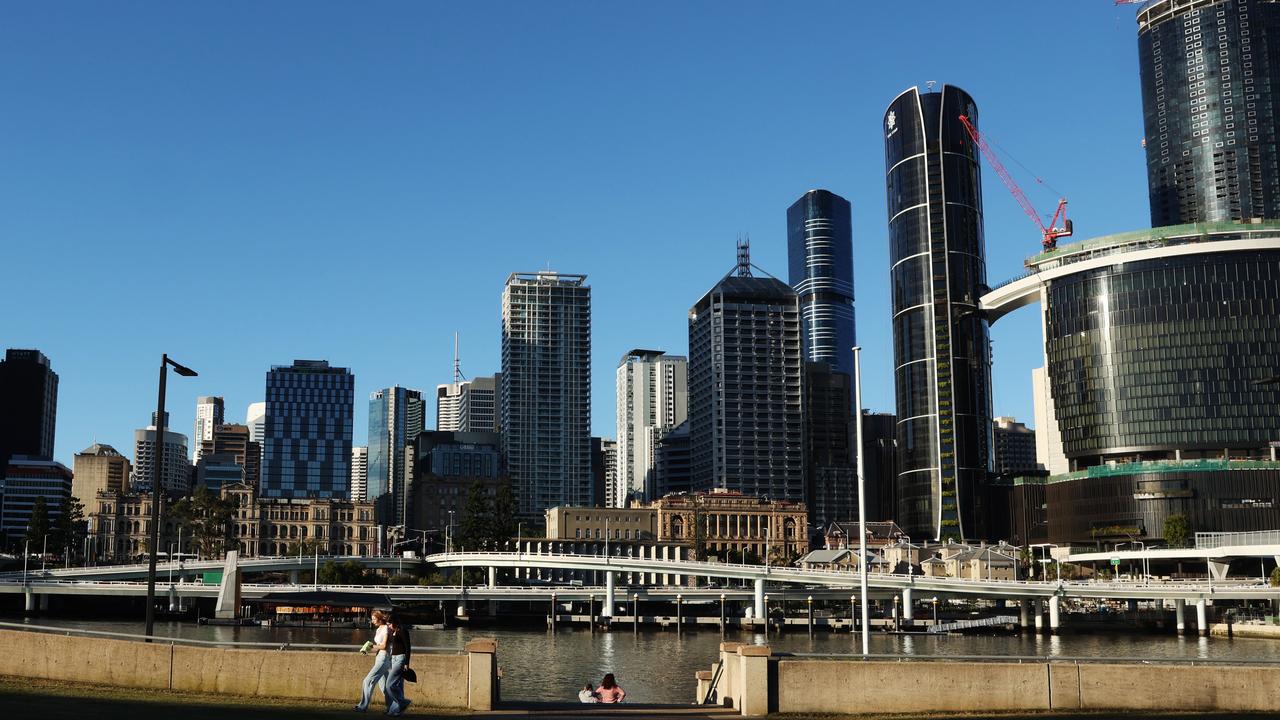Cut price: QIC’s shopping centre fund take a hit
QIC’s multi-billion dollar real estate portfolio that includes Logan Hyperdome and Robina Town Centre continues to take a hit amid a tough property market.

City Beat
Don't miss out on the headlines from City Beat. Followed categories will be added to My News.
QIC’s multi-billion dollar real estate portfolio continues to take a hit amid a tough property market. Data from the MSCI Mercer Australia property fund index shows QIC’s flagship Town Centre Fund fell 7.8 per cent in the June quarter to deliver a negative return of 12.5 per cent for the 2024 financial year.
The fund underperformed other retail property managers including GPT and Dexus who averaged a loss of only 2.5 per cent over the financial year. The large losses have been blamed on a higher leverage ratio of 32.7 per cent for the QIC fund while peer funds typically run leverage ratios of only 24.9 per cent.
The higher gearing of the portfolio has hurt performance as interest rates have remained higher for longer over the past 12 months and meant higher borrowing costs for Queensland’s investment powerhouse. The fund also suffered a large performance drawdown of over 20 per cent during Covid-19 as did most other comparable funds.
The fund performance over the past decade is just over 1.3 per cent per annum, compared to returns of over 8 per cent per annum for Australian shares over the past ten years and even cash fund returns that averaged just below 2 per cent over the same period.
The fund invests in Australian shopping centres with a portfolio that includes Logan Hyperdome and Robina Town Centre. The investment objective of both the QIC Property Fund (QPF) and QIC Town Centre Fund (QTCF) is to outperform the Australian retail real estate market by investing in a portfolio of larger income producing growth retail properties focused in and around Australia’s major cities.

The lagging performances come amid some big name departures from QIC’s real estate operations over the past year including Michael O’Brien and David Asplin in recent months. A QIC spokesperson says the recent fluctuation in the performance of the town centre fund was “linked to QIC’s robust quarterly external valuation process, which has crystalised value corrections to reflect this point in the market cycle.”
“Increased transaction activity over the last quarter of 2024, driven by returning interest from institutional domestic and foreign investors for large-scale retail assets, has allowed the market to place more certainty on price,” the spokesperson says. “This market position is understandably having flow on impacts for the values of assets in QIC’s core retail portfolio.”
QIC says that despite the reset in valuations, QIC’s regional retail assets continue to perform robustly, with annual turnover at historic highs, very strong productivity and traffic growth and sustainable occupancy costs. This was driven by a combination of Australia’s strong population growth and historically low levels of new floor space, particularly in high-quality, large dominant retail assets. “QIC has a 30-year track record as a specialist real estate manager through various market cycles, and we remain committed to leveraging this demonstrated capability in driving performance through our Town Centre strategy,” says QIC.
It has been a tough year for QIC with its investment in troubled UK utility Thames Water written down to zero. QIC chief executive Kylie Rampa (illustrated) told the Queensland Parliament estimates committee earlier this year that Thames Water “has been quite a troubled investment and asset.” QIC has about 5 per cent of Thames Water, but Rampa has declined to say how much money has been lost by the Queensland fund, citing confidentiality.




